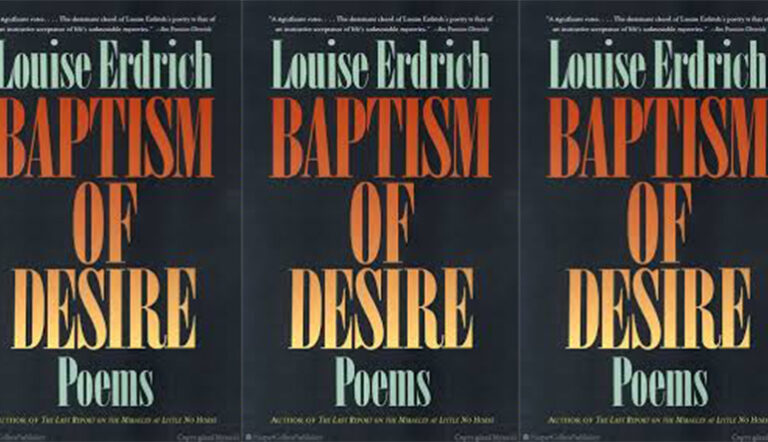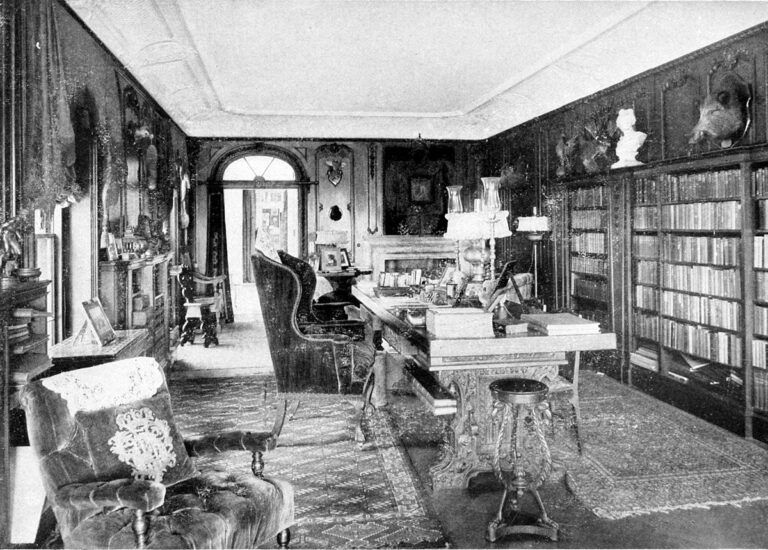The Power of Children’s Literature
Annie Cardi is the author of the new young adult book The Chance You Won’t Return (Candlewick Press), which has received starred reviews from Publishers Weekly and Kirkus Reviews, and also won the PEN New England Susan P. Bloom Children’s Book Discovery Award in its manuscript form.
Annie is a wonderful writer as well as an avid reader of both young adult books and literary fiction, and over the next several months she’ll be contributing a regular feature to the blog in which she discusses—among other things—what each of the two genres can teach us about the other. I hope you’re looking forward to it as much as I am. —Andrew Ladd, blog editor
*
A few weeks ago, I saw a bumper sticker on an SUV that read “TUCK” in green-and-white lettering. Because my first job out of grad school was editing finance textbooks, I knew this probably referred to the Tuck School of Business at Dartmouth College. But a part of me wanted to believe it was actually in honor of Angus Tuck, the father in Natalie Babbit’s classic children’s novel, Tuck Everlasting.
It also struck me that I wouldn’t have felt such a heart tug if it had been a potential reference to Mrs. Dalloway or Never Let Me Go or Interpreter of Maladies—all other favorite novels of my adult reading career. I love and admire those books; I’m deeply invested in their characters and am awed by the carefulness and power of their craft. But there’s something different about them.
They don’t belong to me, not in the same way Tuck Everlasting does.
Books that belong to us are set apart and feel like they’re an indelible part of our lives, not just as readers but as people. When someone mentions their title, it’s like hearing about your hometown, and all those places only locals know about. Seeing someone read it on the subway or in a coffee shop makes you feel like you and the reader share a secret. Even on library or bookstore shelves, it’s a book that belongs to you.
There are lots of books we can enjoy or admire, books that make us think and grieve and rejoice. But even those don’t necessarily belong to us as readers. No book belongs to you like a book you read when you’re young.
These are the books that teach you how to live in the world. They help you understand what it’s like to experience sudden loss (Bridge to Terabithia pretty much destroys everyone in middle school). They help you understand international tragedy (The Book Thief is a fascinating and powerful look at WWII Germany). They help you realize that so many of us carry deep, secret pain (Speak and The Perks of Being a Wallflower have saved generations.)
As a young reader, you’re still forming your ideas and beliefs about the world and how you function within it. Books written specifically for kids and teens have the power to enhance and shape these ideas in a deeply personal way, and thus can stay with readers for the rest of their lives in a deeply personal way. Maybe you haven’t read Charlotte’s Web in a while, but its story of friendship and courage and grief is yours forever.
Children’s and young adult books aren’t just pleasant ways for kids and teens to start experiencing literature. They’re literary and powerful in their own right, and they have the potential to stay with readers in a much more meaningful way than books written for adults could. They’re not just books—they’re a part of who we are and how we got that way.
Tuck Everlasting and its story of immortality and possibility and letting go is mine forever. I may have first read it almost two decades ago, but no matter what other novels or business schools come along, it’s with me forever.


